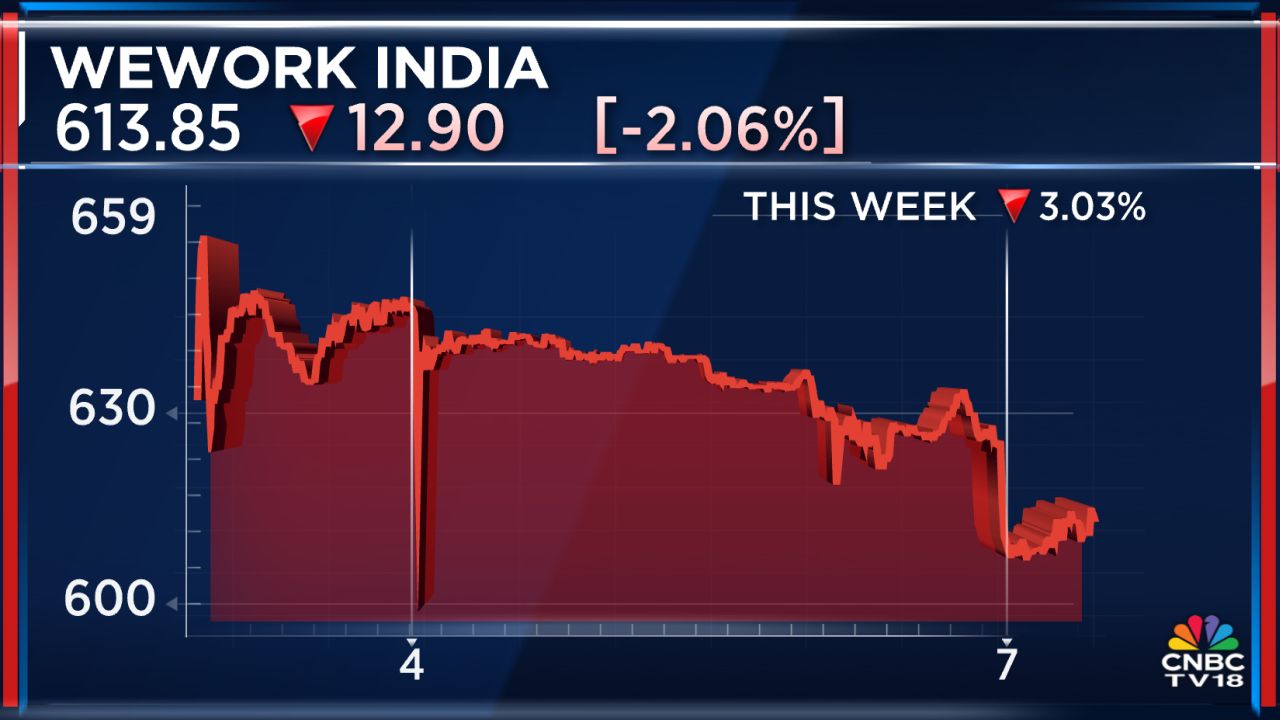“We’re seeing India become a GCC hub,” Virwani said from the sidelines of CNBC-TV18's Global Leadership Summit, adding that both international firms and domestic businesses are increasing headcount rapidly. He noted that startup funding has picked up again, supported by renewed venture capital inflows. “Overall, I think we’re in a very good place, with high energy,” he added.

Virwani shared that WeWork India currently hosts over 130 active GCC centres of various sizes. Around 50% of these GCCs have fewer than 50 desks, showing that many companies are entering the market small but scaling steadily. “You can enter India in a very light way without having to put any upfront cost,” he said, explaining how WeWork’s flexible model allows companies to expand easily as they grow.
To support this trend, WeWork India has partnered with several GCC-as-a-service providers that help global firms from regions like Europe, Japan, and the US set up offices quickly. The company has also been building bespoke offices for large clients and plans to standardise such offerings.
Virwani said India’s office market is operating “on all cylinders,” with the flex segment becoming a major growth driver. “In the last 12 months, flex has been the second highest contributor after IT,” he said. WeWork India itself has grown slightly faster than the industry average, adding about 20,000 desks and nearly 2 million sq. ft. in the past year.
Also Read | Flexible workspaces, premiumisation trends propel WeWork India’s forward outlook: Virwani
He highlighted that Bengaluru continues to lead commercial leasing demand, accounting for 30-40% of activity. Mumbai, NCR, and newer markets like Hyderabad, Chennai, and Pune are also seeing strong growth. “People coming out of Bengaluru are moving to Hyderabad for cheaper real estate,” he said, adding that Chennai is benefiting from new manufacturing and automotive setups.
According to Virwani, about 98% of workspace demand still comes from the top metro cities. “Our focus is to stay within these top-tier cities for the short to mid-term,” he said, adding that expansion into new cities will follow as they mature and develop into larger hubs.
The current market capitalisation of the company is around ₹ 8,262.53 crore.
For the full interview, watch the accompanying video
Catch all the latest updates from the stock market here
/images/ppid_59c68470-image-176250507825831846.webp)

/images/ppid_a911dc6a-image-177095803945834897.webp)

/images/ppid_a911dc6a-image-17709580293397222.webp)
/images/ppid_59c68470-image-177095764644795315.webp)
/images/ppid_59c68470-image-177095772128260787.webp)
/images/ppid_59c68470-image-17709576039333966.webp)
/images/ppid_59c68470-image-177095767987982667.webp)
/images/ppid_59c68470-image-177095752630142947.webp)
/images/ppid_59c68470-image-17709575691924647.webp)


